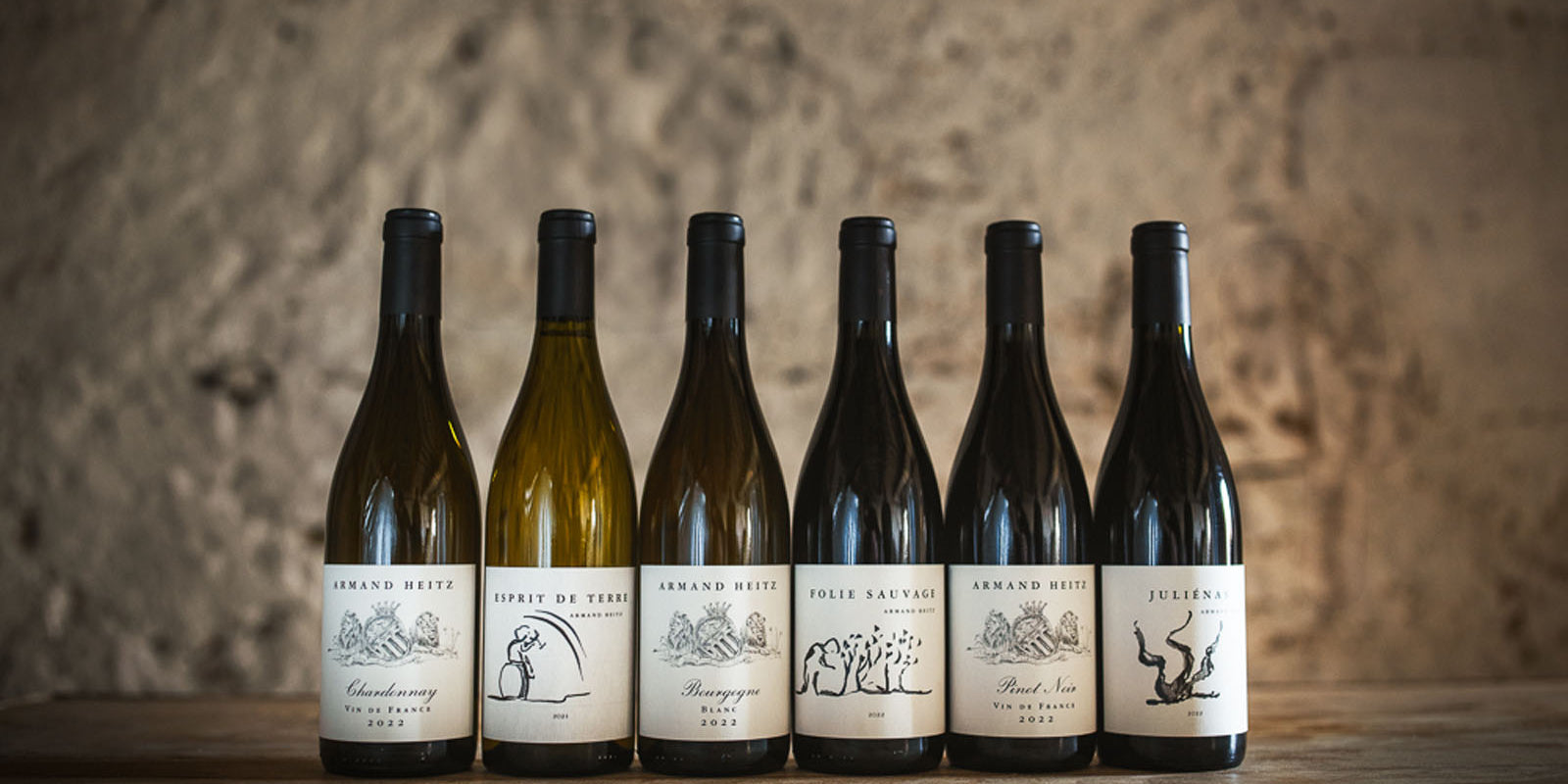It was beautiful, even moving, this outpouring of thousands of French people taking to the streets in recent weeks, worried about the climate and the lack of water in our country. Oh no, actually, it was for a retirement story. Water, this vital resource in a critical situation, does not benefit from the same attention as a more or less unjust but totally inevitable reform. However, the scarcity and quality of this resource are crucial issues, which should generate much more passionate debate and concrete action.

Indeed, it is March and there has been almost no significant rain this winter to the point that the groundwater tables, our reserves of fresh water vital for the functioning of our agriculture like individual swimming pools which swarm and rise from the Côte d'Azur, are at best at a level close to average and overall at a level close to zero.
Today, water is a given for the vast majority of the population. We all have unlimited drinking water in our taps, as if it fell from the sky. Paradoxically, we have never been in such a catastrophic situation. The quantity of fresh water in the territory after more than half a year of almost uninterrupted drought is very low. The quality is poor after years of using harmful pesticides, increasing illegal dumping and letting manufacturers dump all kinds of toxic waste for all living things into waterways while pretending not to have seen anything .

The vine is a plant that is very resistant to drought. It is not for nothing that it has been cultivated for centuries in the Mediterranean regions without the slightest irrigation. However, climate change and especially the current selection of fragile and sensitive plants tend to make the vines soon dependent on irrigation. This practice was authorized by a decree in 2006, but prohibited between August 15 and harvest. The Ministry of Agriculture recently announced that the Rural Code will be rewritten this year in order to cancel this ban.
As is often the case, when bad choices have to be made, politicians are better than farmers. It was the public authorities who encouraged the irrigation of vines in the south of France. In particular, there was the Aqua Domitia mega-project, making it possible to transport the waters of the Rhône to the south of Languedoc with the aim of “developing quality and competitive agriculture and viticulture”. As I regularly mention, adapting plant material seems much more natural and sustainable to me.

The brewing industry, on the other hand, is known and criticized for its water consumption and is paradoxically more water-intensive when it is on a smaller scale. Indeed, it is simpler for a massive brewery like Heineken to rationalize its production and consumption of water, particularly with the use of diluted beer concentrate for example. 1 liter of beer can require between 2 and 11 liters of water just in its production which includes both the raw material which will partially evaporate and the water which will be used to clean after brewing. If we now count the quantities of water used for the cereals and all intermediate stages, estimates range from 75 L to 1500 L for 1 L of beer.
You will have understood, it is massive, and this is why craft brewers who are often concerned about environmental and local issues must consider their water consumption and rationalize it at all costs to be up to current challenges. .

More generally, water management policies are simply catastrophic. We end up prohibiting farmers from watering before prohibiting individuals from filling their swimming pools which are multiplying and draining our resources. Furthermore, to justify better management, the government will continue to build dams on wetlands, fragile ecosystems necessary for natural balance, as in Sivens in 2015.
Ultimately, water management is essential today regardless of the scale and environment. The end of the abundance of this resource that we thought was acquired could indeed be approaching if politicians continue to bury their heads in the sand. The figures speak for themselves, the deadline is, as always with environmental issues, much closer than we thought. Looking forward to retirement, without drinking water!
Armand Heitz









